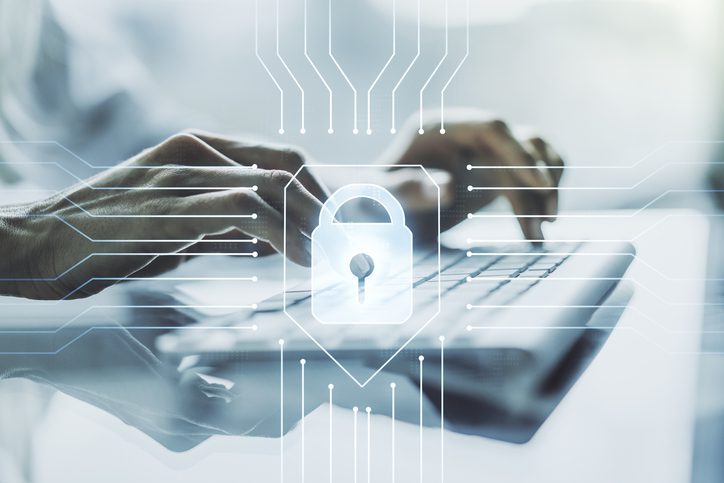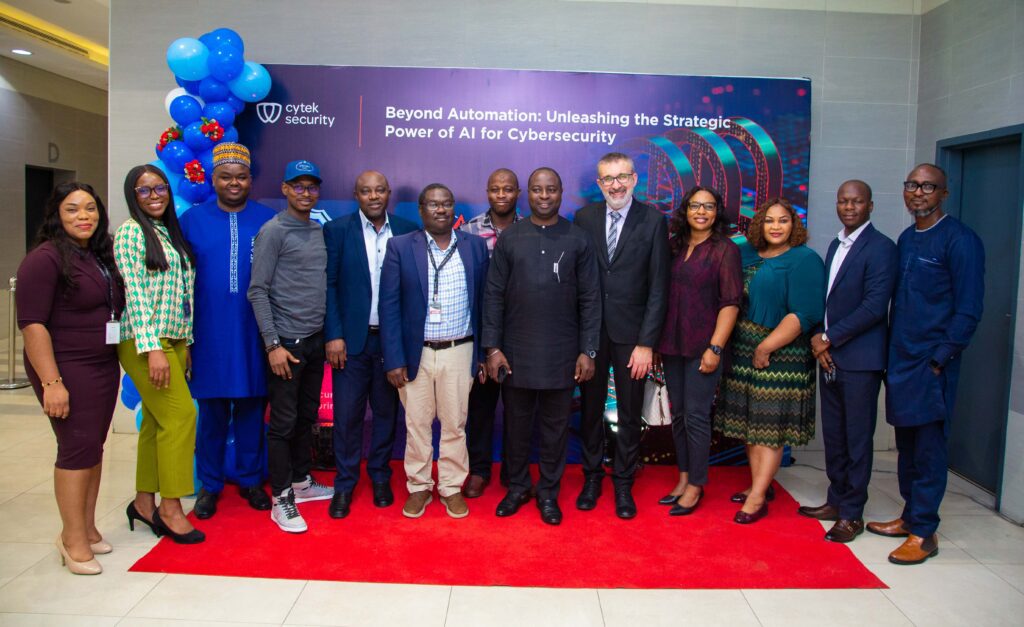ABOUT US
Cytek Security provides state-of-the-art cybersecurity solutions, delivered by the world’s top cyber experts. This includes advisory and implementation services, managed security services, and capability building.
SOC analysts, or security operations center analysts, are integral to an organization’s information security infrastructure. They monitor and analyze security events to detect and respond to cyber threats. These cyber experts are crucial in maintaining the organization’s security and integrity. They work closely with incident response teams, vulnerability management teams, and other stakeholders to identify and mitigate security incidents.
By understanding the importance of constant training, organizations can invest in the development and growth of their analysts, ultimately strengthening their overall cybersecurity posture.
Why SOC Analysts Need Continuous Training
Continuous training ensures analysts have the latest technical skills, knowledge, and tools to detect, analyze, and respond to these threats. Here’s why continuous training is indispensable for your SOC team:
- Adaptability to Emerging Threats: Threat actors devise new tactics and techniques to breach defenses. Continuous training equips analysts with the latest tools, tactics, and procedures (TTPs) to effectively detect and mitigate these evolving threats.
- Enhanced Incident Response: Rapid response to security incidents minimizes damage. Regular training drills and simulations hone analysts’ response capabilities, enabling them to act swiftly and decisively when faced with real-world cyberattacks.
- Mastery of Advanced Technologies: The cybersecurity landscape is inundated with cutting-edge technologies, from machine learning algorithms to threat intelligence platforms. Continuous training empowers analysts to master and leverage these tools to enhance threat detection and response capabilities.
- Compliance and Regulatory Requirements: With stringent data protection regulations, compliance is non-negotiable for organizations. Continuous training ensures that SOC Analysts are well-versed in compliance standards, enabling them to uphold regulatory requirements and avoid costly penalties.
- Professional Growth and Retention: Investing in continuous training demonstrates a commitment to the professional development of SOC Analysts. This fosters a learning culture and enhances job satisfaction and retention rates within the cybersecurity workforce.
Core Areas of Focus for SOC Analyst Upskilling
As the frontline defenders against cyber threats, they must continually refine and expand their skills to effectively detect, analyze, and respond to security incidents. Upskilling training programs are essential for SOC analysts to stay abreast of emerging threats and technologies. Let’s delve into the core focus areas for SOC analyst upskilling training.
- Incident Response and Handling: SOC analysts must constantly improve in incident handling procedures, including identification, containment, eradication, and recovery. They should also be well-versed in using incident response tools and frameworks, such as the NIST Cybersecurity and MITRE ATT&CK frameworks.
- Security Information and Event Management (SIEM): SIEM platforms are the central nervous system of SOC operations, aggregating and correlating security event data across the network. Analysts must be proficient in configuring, fine-tuning, and leveraging SIEM tools to effectively detect anomalous behavior and potential threats.
- Threat Intelligence Analysis: They should stay up-to-date with the latest threat intelligence analysis tools to understand threat actors’ tactics, techniques, and procedures (TTPs). This involves monitoring threat feeds, analyzing indicators of compromise (IOCs), and leveraging threat intelligence platforms to enrich security data.
- Network Security Monitoring: Re-training should cover network monitoring tools, packet analysis techniques, and the interpretation of log data to effectively detect intrusions, malware infections, and other security incidents.
- Vulnerability Management: SOC analysts should be abreast of vulnerability assessment techniques, patch management processes, and vulnerability prioritization based on risk factors.
- Forensic Analysis: After a security incident, forensic analysis determines the root cause, scope of compromise, and extent of damage. Analysts should constantly learn digital forensics methodologies, evidence preservation, and chain of custody procedures to conduct thorough investigations and support incident response efforts.
- Communication and Collaboration: Upskilling should foster clear and concise communication within the SOC team and with other stakeholders such as IT personnel, management, and law enforcement agencies during incident response activities.
- Continuous Learning and Development: The cybersecurity landscape constantly evolves, with new threats emerging regularly. SOC analysts must cultivate a mindset of constant learning and professional development to stay updated on the latest trends, technologies, and best practices in the field.
Effective Upskilling Methods for SOC Analysts
Training programs should incorporate awareness programs, real-life simulations, workshops and seminars, certification programs, and self-paced online learning platforms to cater to different learning styles and preferences. You can partner with Cytek to deliver programs that will help your SOC team develop their skills in the following ways:
- Awareness programs: These initiatives are designed to educate your employees about cyber threats and how to respond effectively. These programs are tailored to your needs and can significantly improve your organization’s overall security posture. The programs will equip them with the knowledge and skills to respond appropriately to different attack scenarios. This could involve reporting suspicious activity, isolating compromised devices, or following specific procedures to minimize damage.
- Real-life Simulations: This training approach involves working alongside experienced analysts from our security operations centers across the world, participating in security investigations, and handling actual security incidents. Real-life simulations are also valuable for training SOC analysts, allowing them to practice their skills in a controlled environment that mimics real-world situations.
- Professional Workshops and Seminars: These events often cover advanced topics, such as emerging threats, new attack techniques, and cutting-edge technologies. Through participation in these events, SOC analysts can expand their knowledge, network with peers, and stay updated with the rapidly evolving cybersecurity landscape.
Benefits of SOC Analysts’ Upskilling for Organizations
Continuous training for SOC teams benefits organizations, enhancing their overall cybersecurity posture and resilience against cyber threats.
- Improved Incident Detection and Response Times: Well-trained SOC analysts can effectively analyze security events, identify potential threats, and respond promptly to mitigate the impact of security incidents. By reducing incident detection and response times, organizations can minimize the potential damage caused by cyber threats and protect their critical assets.
- Proactive Security Posture: SOC analysts can proactively identify indicators of compromise (IoCs), analyze threat intelligence data, and implement proactive security measures to prevent security incidents. By adopting a proactive approach to cybersecurity, organizations can stay one step ahead of cyber threats and effectively protect their sensitive data and assets.
- Enhancing Team Morale and Retention: SOC analysts value organizations prioritizing their professional development and investing in their growth. Organizations demonstrate their commitment to their SOC analysts’ personal and professional development by providing opportunities for continuous training. This, in turn, fosters a positive and motivated work environment, leading to higher job satisfaction and increased retention of top talent within the SOC team.
Empower Your SOC Analysts with Expert Training
Equip your Security Operations Center (SOC) team with the skills they need to stay ahead of cyber threats—partner with a trusted cybersecurity training provider like Cytek. We leverage real-world scenarios and cutting-edge technologies to deliver customized training programs.
Our programs address your team’s skill gaps, enhancing their knowledge and preparing them to defend your organization effectively. Speak to one of our experts today.





